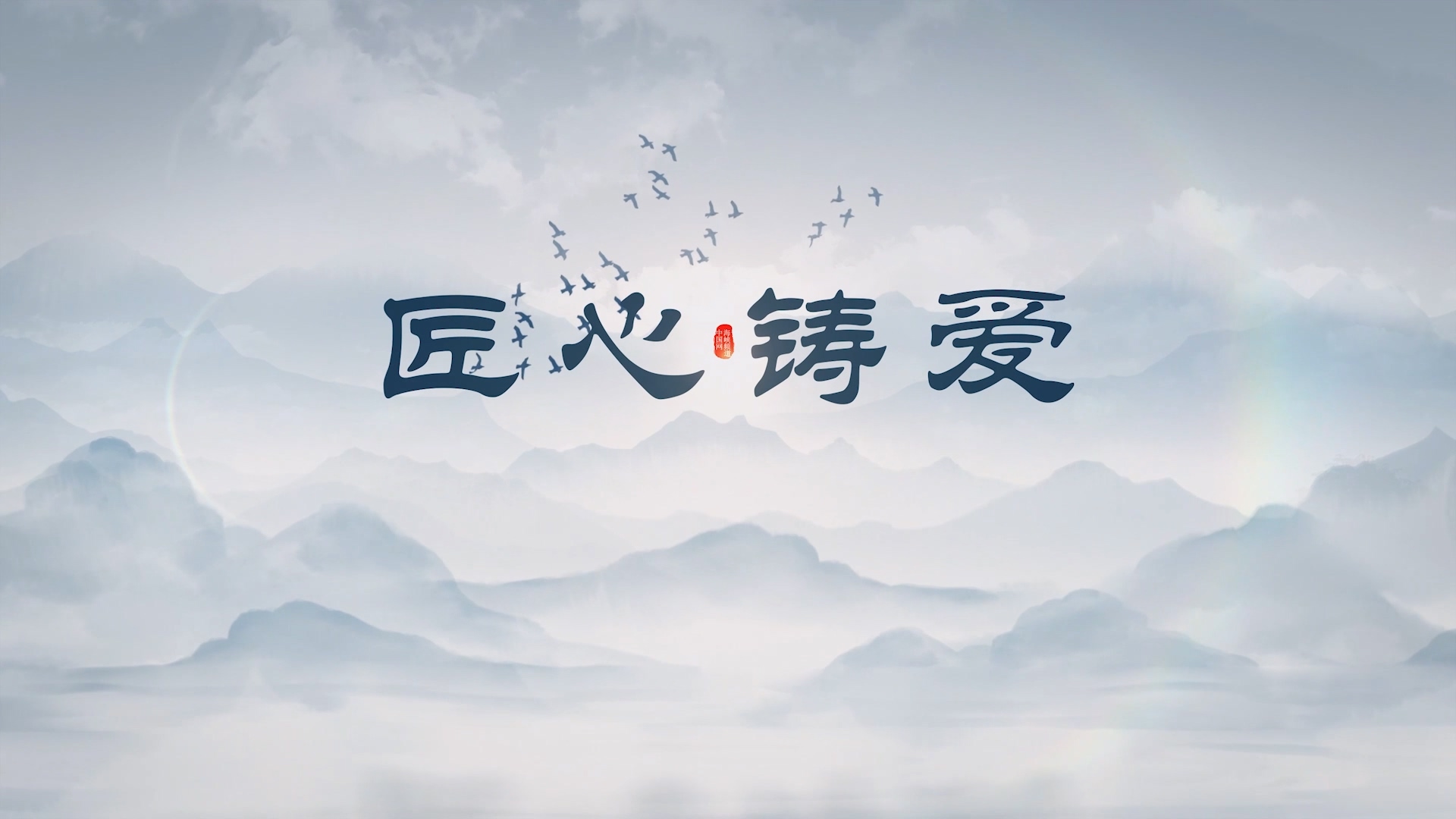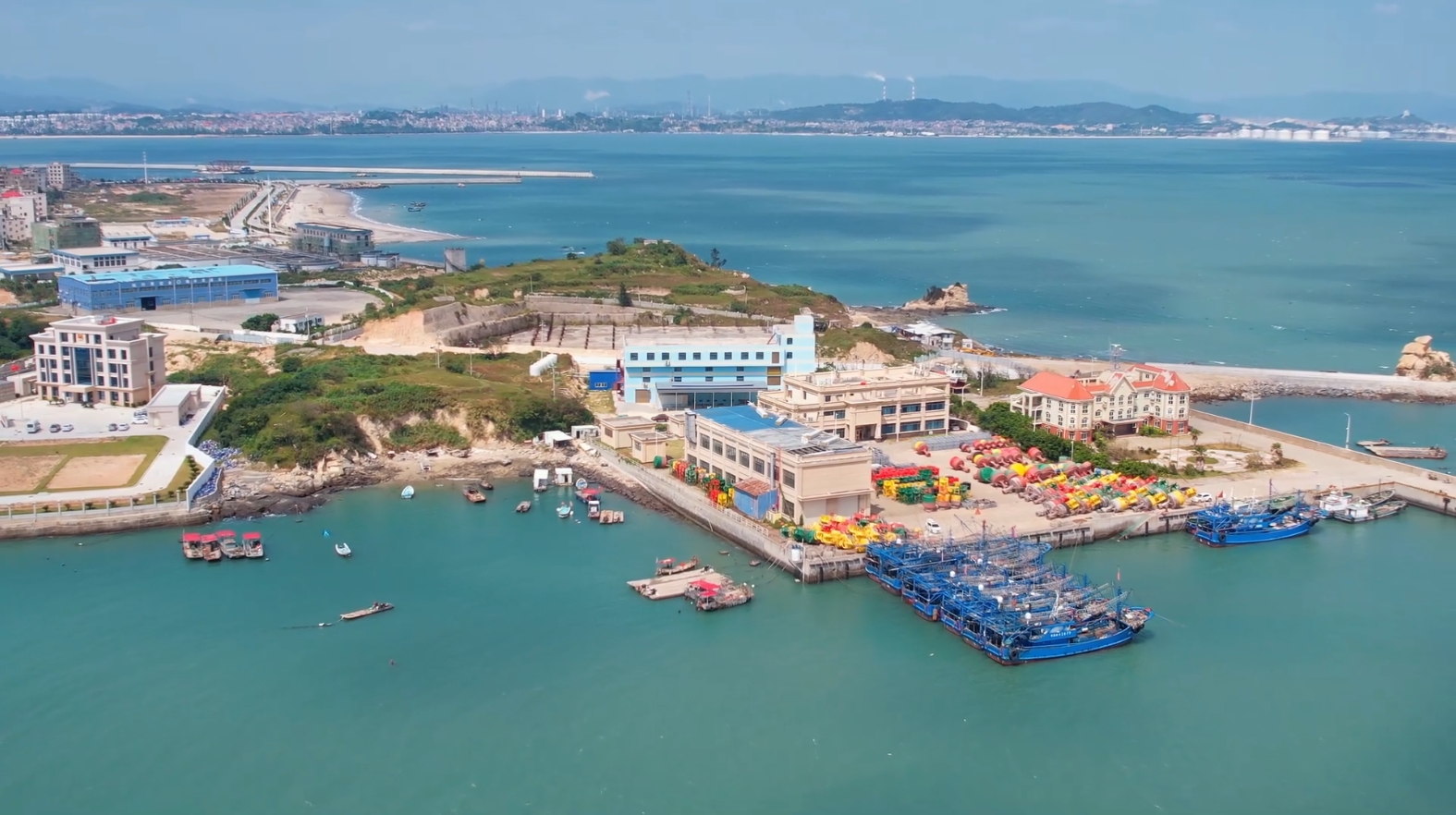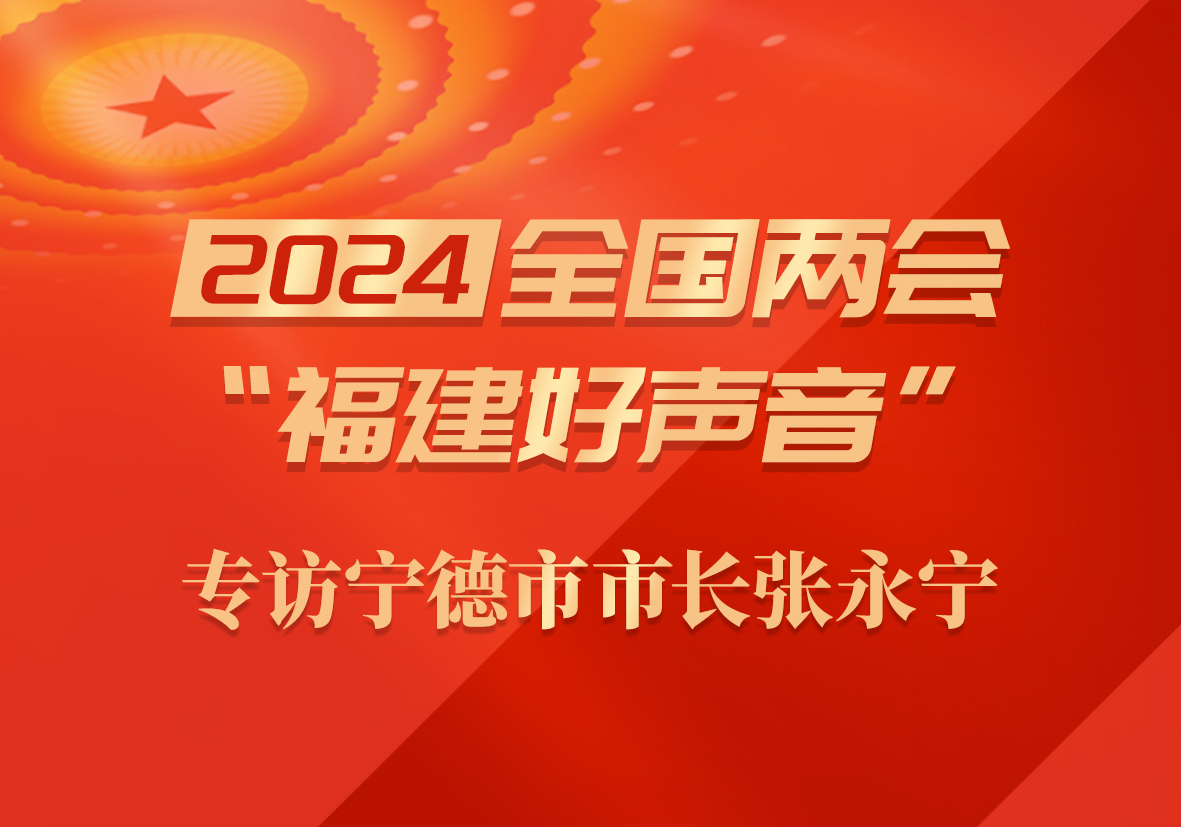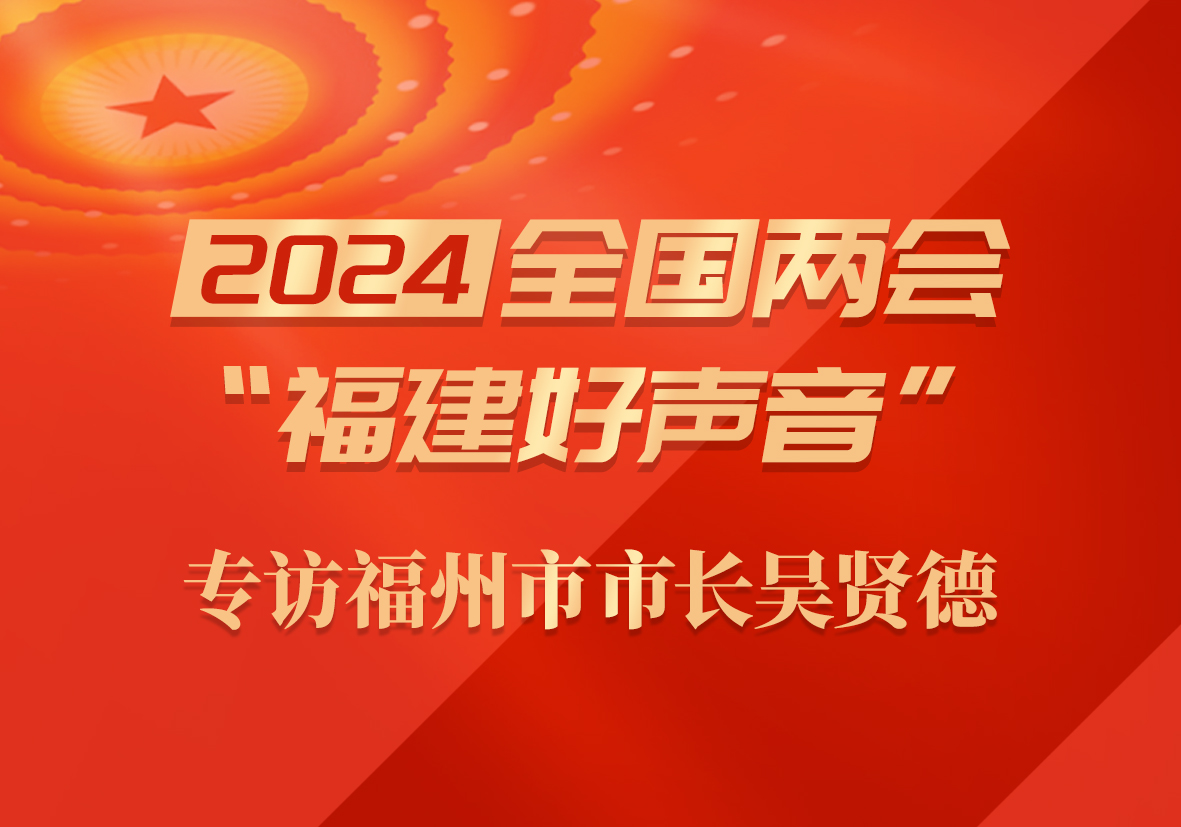 当前位置:
首页 >
当前位置:
首页 >
Japan's Anxiety Over Trump's Auto Tariff and the Six - year - old Pact
The US President Trump's plan to impose a 25% high - tariff on globally imported cars has made Japan quite anxious. As the April deadline approaches, Japan is trying to play the 'Abe card' by bringing up the agreement once made between Trump and the late former Japanese Prime Minister Shinzo Abe.
An article on February 25 pointed out, 'Is the agreement between Abe and Trump six years ago still valid?'
The article said that the agreement between the two was reached in 2019. After Trump first took office as the US President, he constantly demanded that Japan reduce the trade deficit and threatened to impose tariffs on imported cars and auto parts on the grounds of national security. On September 25 of the same year, Trump and Shinzo Abe signed a preliminary US - Japan trade agreement and issued a joint statement during the United Nations General Assembly in New York, and the formal agreement was signed in October.
According to the agreement, Japan would lower tariffs on US agricultural products, and the US would cut tariffs accordingly and further open relevant markets.
Notably, the agreement only stated that relevant consultations on cars and auto parts would continue. But at the joint press conference, in front of Trump, Abe said, 'The essence of the content of the US - Japan joint statement is that no additional tariffs will be imposed on Japanese cars and parts. I have confirmed this with President Trump, and he has recognized it.'
The joint statement also read, 'During the effective implementation of these agreements, the US and Japan will not take actions that violate the spirit of the two agreements and this joint statement.'
It was reported that 'the US commitment not to impose tariffs on Japanese cars and parts' was repeatedly mentioned by Abe later and was cited by the Japanese government in some trade - related documents.
An official from the Japanese Ministry of Economy, Trade and Industry said, 'For us, this is still an important agreement.' The official also said that the Japanese government is currently considering using it as one of the bases to seek exemption from additional tariffs from Trump. In addition, Japanese Economy, Trade and Industry Minister Yuzuru W藤 will visit the US as soon as possible to seek an opportunity to explain Japan's position.
However, it is still unclear how Trump himself views the agreement he made with Abe six years ago. As of now, the US government has not announced the target countries for the additional auto tariffs and the legal basis.
The article pointed out that, in fact, the US - Japan trade agreement itself is at risk of being overturned. On the first day of his second - term presidency, Trump signed an executive order, requiring the US Trade Representative's Office (USTR) to review existing trade agreements before April 1. The US - Japan trade agreement may also be a target.
'In his second term, Trump seems to be taking well - thought - out actions based on his familiarity with the operation of the regime and the trade mechanism,' it was stated. Now, it is hard to guarantee whether Trump will still honor the past agreement with Abe.
Since taking office in his second term, Trump has been waving the tariff stick and has threatened to impose tariffs on Canada, Mexico, China, and the EU. As one of the major trading partners, Japan has not been specifically named by Trump. But previously cited data showed that the US has a long - term goods trade deficit of about $70 billion with Japan, mainly in cars and auto parts.
During a visit to the US, various actions were taken to curry favor with the US and Trump. The Japanese media also had high hopes. It was hyped that this meeting would kick - start a 'new golden era' in US - Japan relations.
'I love Japan,' Trump said when welcoming the visitor at the White House.
Although Trump spoke nicely, he didn't show any mercy to Japan. On that day, Trump formally stated that he would block Nippon Steel's acquisition of US Steel and said that he was about to announce reciprocal tariffs on 'everyone'. He told the visitor that he would not tolerate the long - term US - Japan trade deficit continuing to harm the US economy and demanded that Japan buy US energy.
On the local 14th, Trump continued to issue tariff threats, saying that he would impose tariffs on imported cars as early as April 2. Trump didn't provide relevant details, but he believed that US - exported cars have long been treated unfairly in foreign markets.




